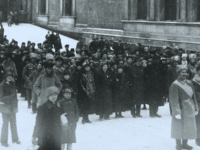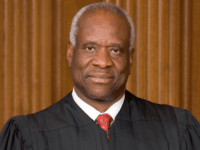Marking 20 years of the Scottish Parliament
On 12 May 1999 the Scottish Parliament was re-established for the first time in 292 years. Winnie Ewing, a leading campaigner for the change, marked the restoration of powers with these words: “The Scottish Parliament was adjourned on 25 March in the year 1707. It is hereby reconvened.”






